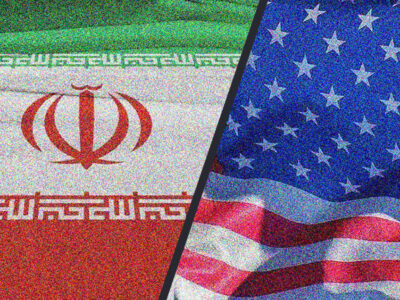Payam Javan: The White House announced on Wednesday that, beginning April 3, the United States will impose a 25 percent tariff on imported passenger vehicles and, by May 3, the same rate on auto parts, citing national‑security concerns and the need to bolster domestic manufacturing. President Trump touted the measures at the Oval Office, predicting they will spur unprecedented growth in America’s auto industry, despite imports comprising half of the 16 million cars sold last year.
Allied trading partners immediately condemned the decision. Canadian Prime Minister Mark Carney called the tariffs a “direct attack” on Canadian workers and pledged retaliatory duties, joining existing $155 billion in counter‑tariffs on U.S. goods. The European Union expressed regret and said it would assess further actions while seeking negotiated solutions. Japan likewise vowed to keep “all options on the table” as Tokyo evaluates its national interest. In a warning on social media, Trump threatened even larger tariffs on both Canada and the EU should they collaborate against U.S. economic interests.









